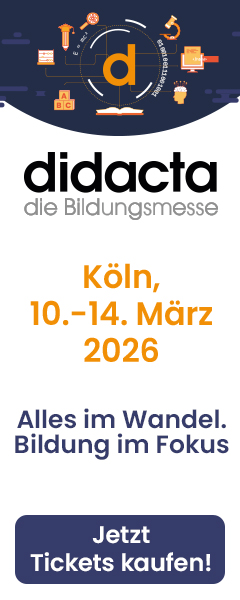ICT in Secondary Education in South-East Europe
Moscow (RU), August 207 - The survey "Indicators of ICT Application in Secondary Education of South-East European Countries" aimed at investigating the main factors, tendencies, problems, and solutions for ICT applications in secondary schools of South-Eastern Europe. The survey was conducted by the UNESCO Institute for Information Technologies in Education.
The survey presents the results of the statistical research "Indicators of ICT Application in Secondary Education" undertaken within the framework of the UNESCO IITE sub-regional project for South-Eastern Europe "Information and Communication Technologies for the Development of Education and the Construction of a Knowledge Society."
Nine countries from the region were involved in the project: Albania, Bosnia and Herzegovina, Bulgaria, Croatia, former Yugoslav Republic of Macedonia (FYRO Macedonia), Republic of Moldova, Romania, Serbia and Montenegro, and Turkey.
The questionnaire for the survey was based on a system of indicators reflecting necessary conditions of education quality. It included questions concerning national ICT policy and action plan; financial support; educational target groups; ICT curriculum, computer equipment, and ICT school staff.
The report presents the specialized comparative research exploring the state-of-art of Informatics/ICTs and ICT applications in other subjects in schools from the South-East European region. After the analysis of the data collected, the following recommendations to the educational policy and decision makers were made:
- To strengthen the national policies, action plans, and ways of implementation in their variety and complexity, taking advantages of the approaches of the other countries of this project;
- To track the process of changes in other European countries in the field of Informatics/ICT education and integration of ICTs into different subjects and to hold the line of drawing closer to European education;
- To provide similar research at the national level regularly and to improve the situation;
- To promote national curricula for both Informatics/ICTs and for integration of ICTs in other subjects;
- To support national curricula with a variety of educational software;
To disseminate the best national and international practices in schools.










